Did you know that 80% of pets over the age of 3 have dental disease?
Dental disease is the most common medical condition diagnosed by our veterinarians.
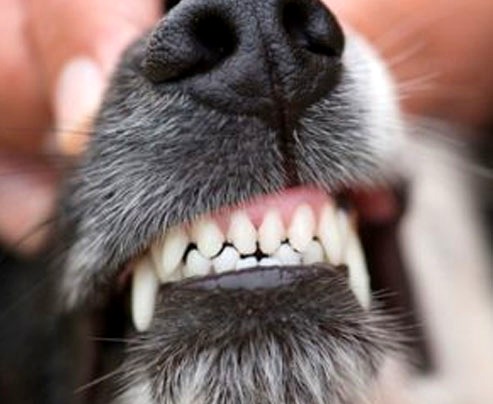
Dental disease is serious business!
Untreated pet dental disease can lead to pain, infection, tooth loss, and even damage the vital organs (such as the heart, liver and kidneys) when bacteria is spread through the bloodstream.
Not only is dental disease painful, the longer it is left untreated, the more complicated (and costly) it becomes to address.
Contributing factors to dental disease:
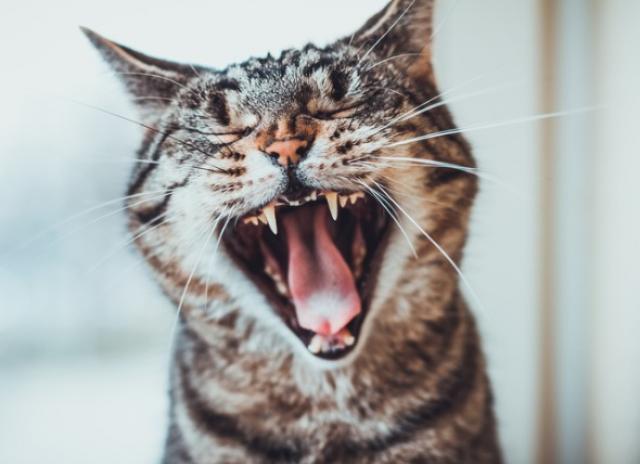
The Stages Of Pet Dental Disease:

Stage 1 – This early stage is characterised by gingivitis (inflammation of the gums) in response to the presence of mild amounts of tartar (which harbours bacteria) on the tooth’s surface. You may notice a thin red line on the gums next to the teeth. this stage of dental disease is reversible if addressed promptly.
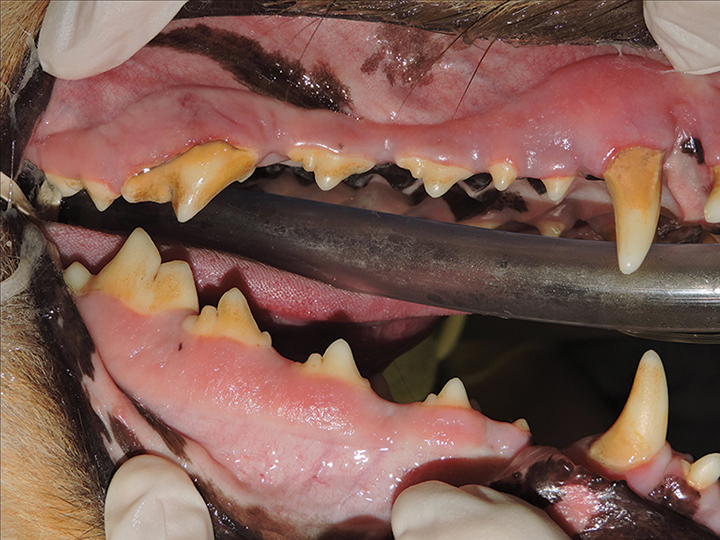
Stage 2 – This stage occurs when there is visible inflammation of the gums, bad breath, and a moderate amount of tartar (turning to calculus – a thicker ‘crust) on the tooth’s surface. At this point, your pet will need a professional cleaning to thoroughly remove the tartar and calculus.
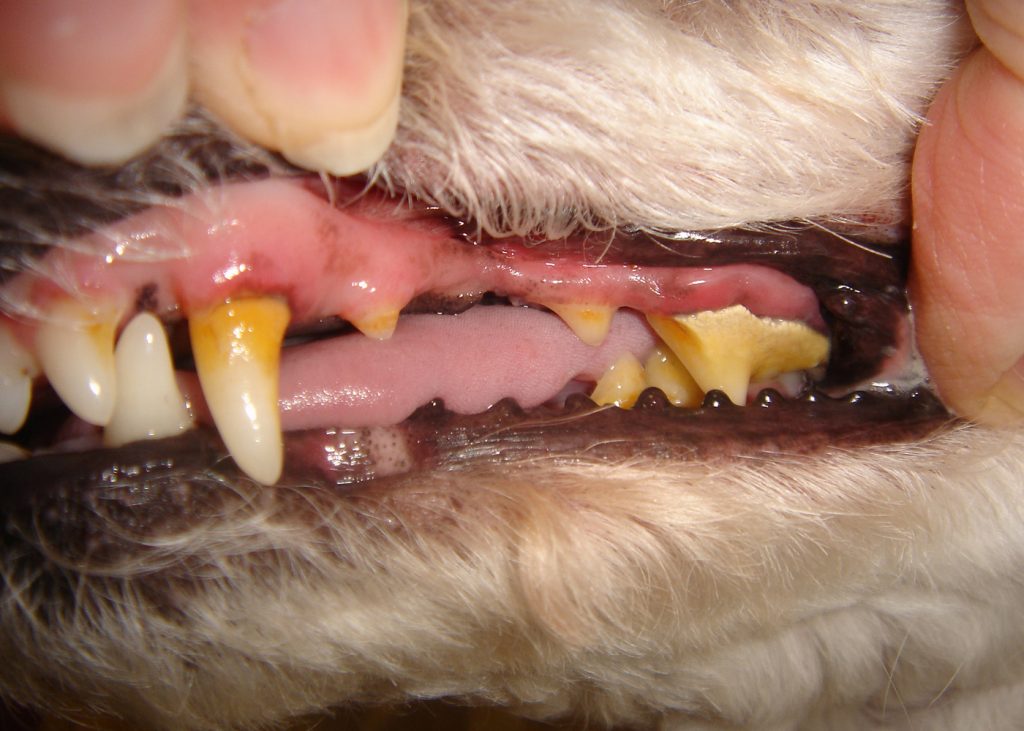
Stage 3 – At this stage, the gums will be irritated, swollen, bleed easily and begin to recede. 25-50% of bone loss will be visible on dental x-ray and there will be loss of gum attachment to the tooth. Your pet will experience bad breath and discomfort and may require tooth extraction.
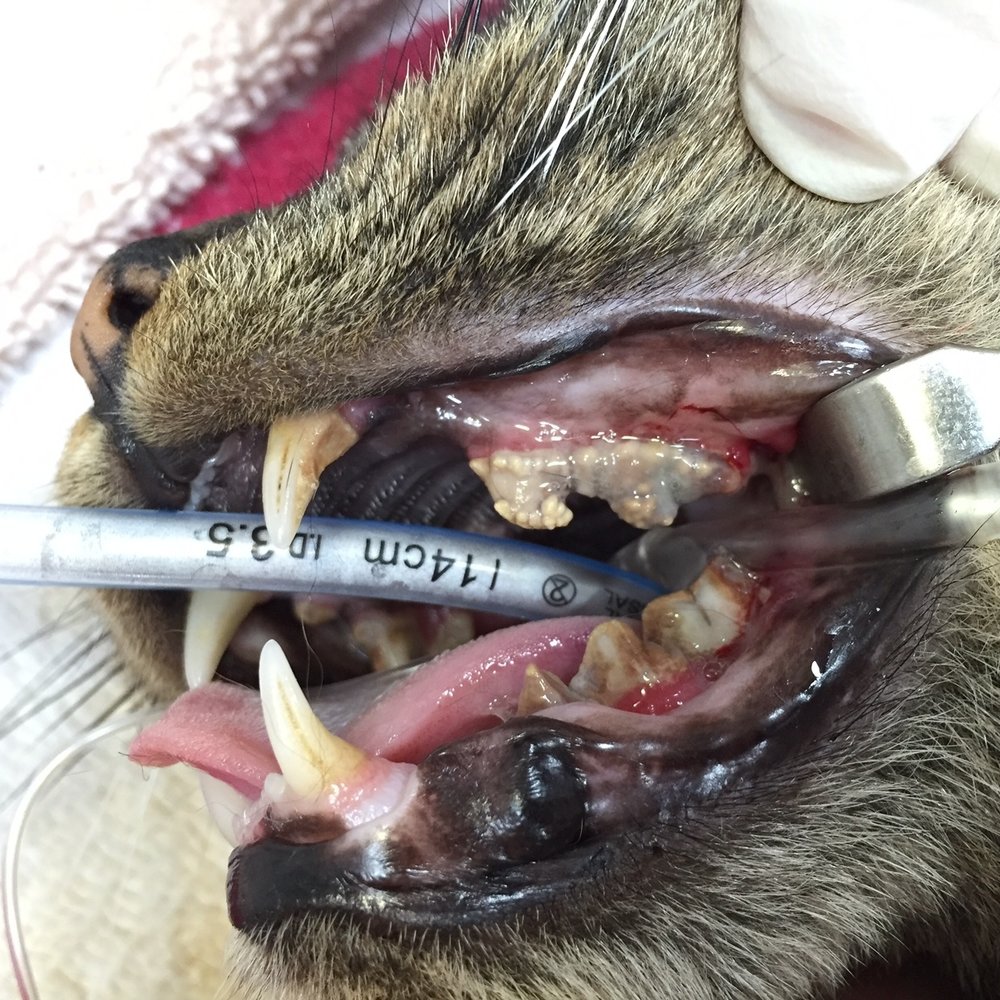
Stage 4 – Extreme, chronic disease is evident in this stage. 50% (or more) of bone loss will be visible on oral radiographs. Your pet will experience discomfort and is at risk of systemic infection and damage to internal organs caused by bacteria from the mouth entering the bloodstream and spreading throughout the body. Tooth extraction is inevitable.
Concerned About Your Pet’s Teeth?
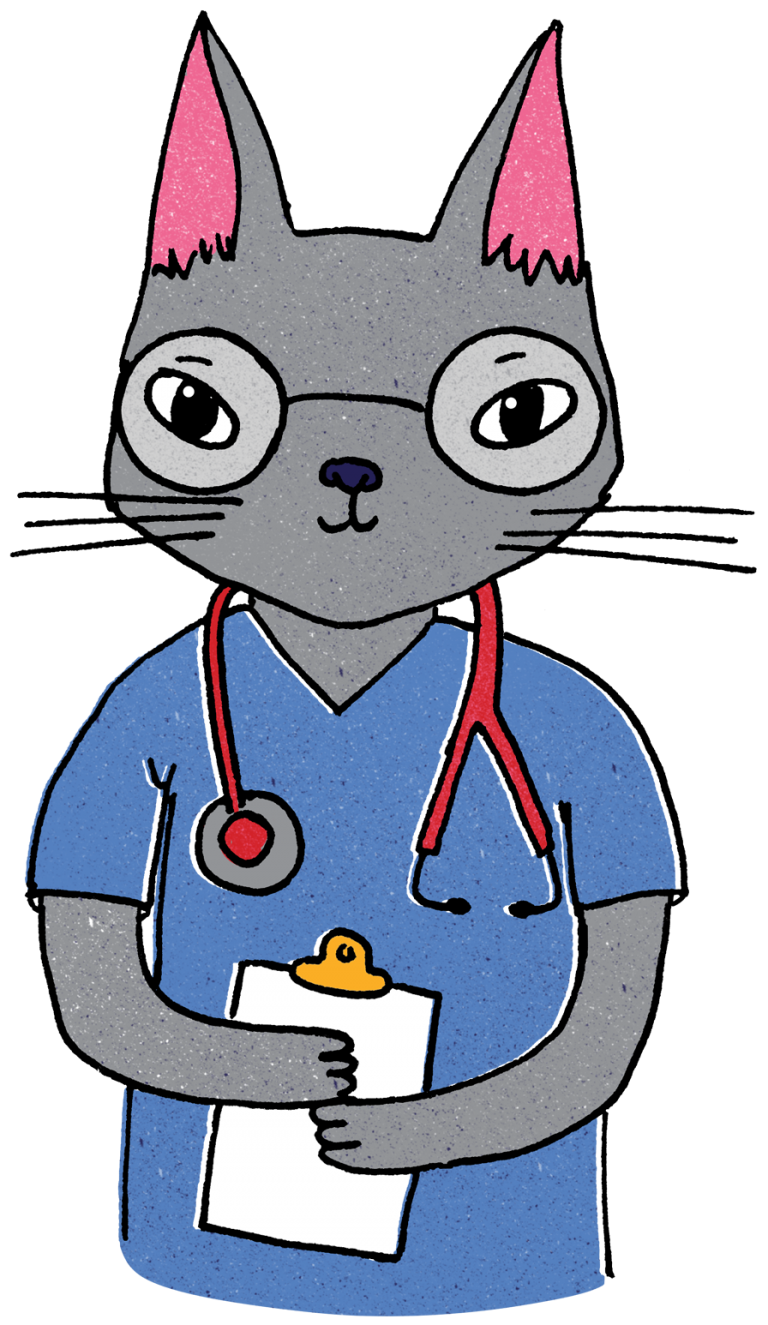
Call Augustine Heights
Call Springfield
Call Eden’s Crossing
We recognise and pay our respects to the Jagera, Yuggera and Ugarapul peoples as the traditional owners of this land which was never ceded.
All rights reserved. Copyright Greater Springfield Veterinary 2024